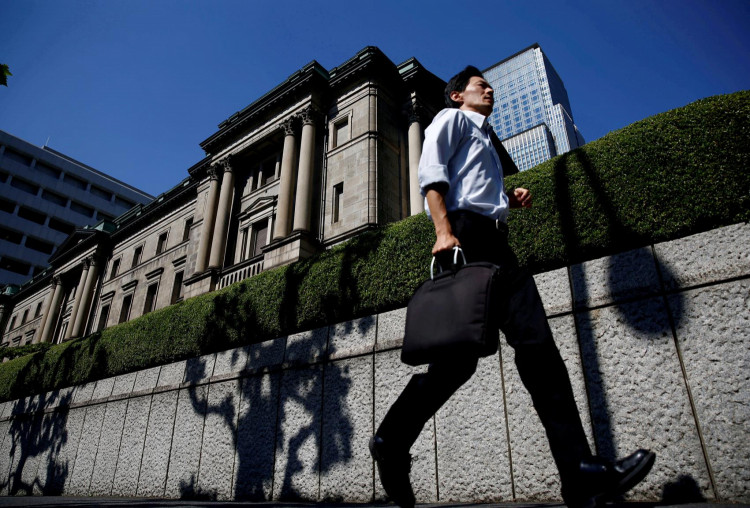The Bank of Japan (BOJ) may raise interest rates next month, depending on the economic data available at that time, according to Governor Kazuo Ueda. This move underscores the central bank's commitment to gradually increasing borrowing costs from their current near-zero levels.
Speaking to parliament on Tuesday, Ueda highlighted the potential impact of rising import costs due to a weak yen on household spending. However, he emphasized that increasing wages are expected to support consumption and keep the economy on a moderate recovery path. "Our decision on bond-buying taper and interest rate hikes are two different things," Ueda stated. "There's a chance we could raise interest rates at our next policy meeting, depending on economic, price, and financial data and information available at the time."
At its recent policy meeting, the BOJ decided to begin trimming its extensive bond purchases and is set to announce a detailed plan in July for reducing its nearly $5 trillion balance sheet. This decision marks a significant step toward unwinding the massive monetary stimulus that has characterized the BOJ's policy for the past decade. The announcement has introduced uncertainty regarding whether the BOJ will also hike short-term rates at its July 30-31 meeting or postpone such a move to avoid disrupting markets.
Ueda stressed that the BOJ is not yet fully convinced that inflation will sustainably meet its 2% target. He indicated the need for more time to analyze the data before making further rate hikes. "The economy will likely see more clear signs of a positive wage-inflation cycle as nominal wages rise," Ueda noted, pointing to record corporate profits and a tightening job market as key factors influencing wage and price-setting behaviors.
The central bank's cautious approach is reflected in Ueda's comments, as he offered no specific details on the pace and size of the upcoming bond taper plan. He reiterated that the BOJ would avoid using its bond-buying operation as a monetary policy tool or a means to signal its policy intentions. The BOJ exited negative interest rates and bond yield control in March, marking a significant shift from its radical stimulus program implemented over the past decade.
With inflation exceeding the BOJ's 2% target for the past two years, the central bank has hinted at the possibility of raising short-term rates to levels that neither overheat nor cool the economy, which analysts estimate to be between 1% and 2%. In a sign of broadening inflationary pressures, the price of services with high labor costs rose by 2.8% in April from a year earlier, the fastest increase in nearly four years, according to BOJ data.
However, the path to policy normalization is complicated by the weak yen, which accelerates inflation by increasing the prices of imported goods. This rise in living costs has weighed on consumption, casting doubt on the strength of Japan's economic recovery. Despite these challenges, many economists expect the BOJ to hike interest rates to 0.25% this year, though opinions are divided on whether this will occur in July or later.






